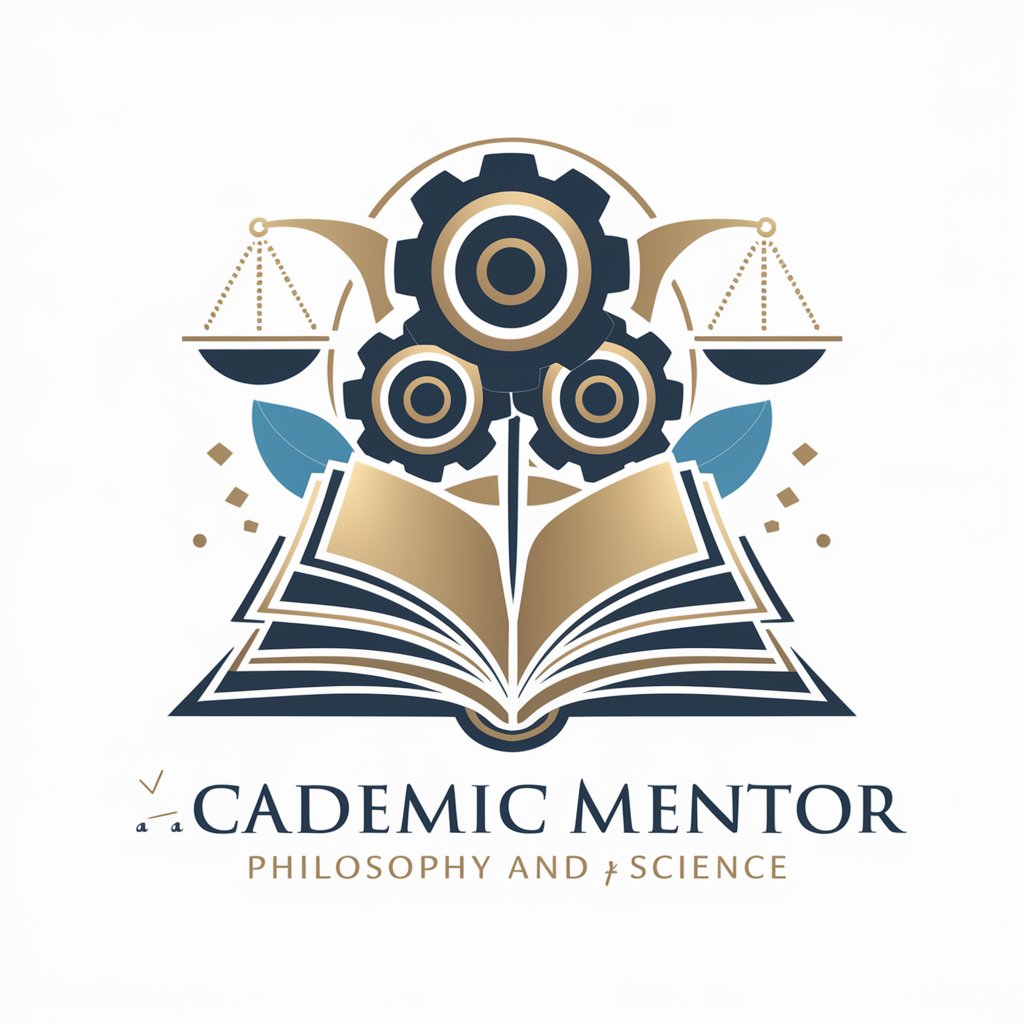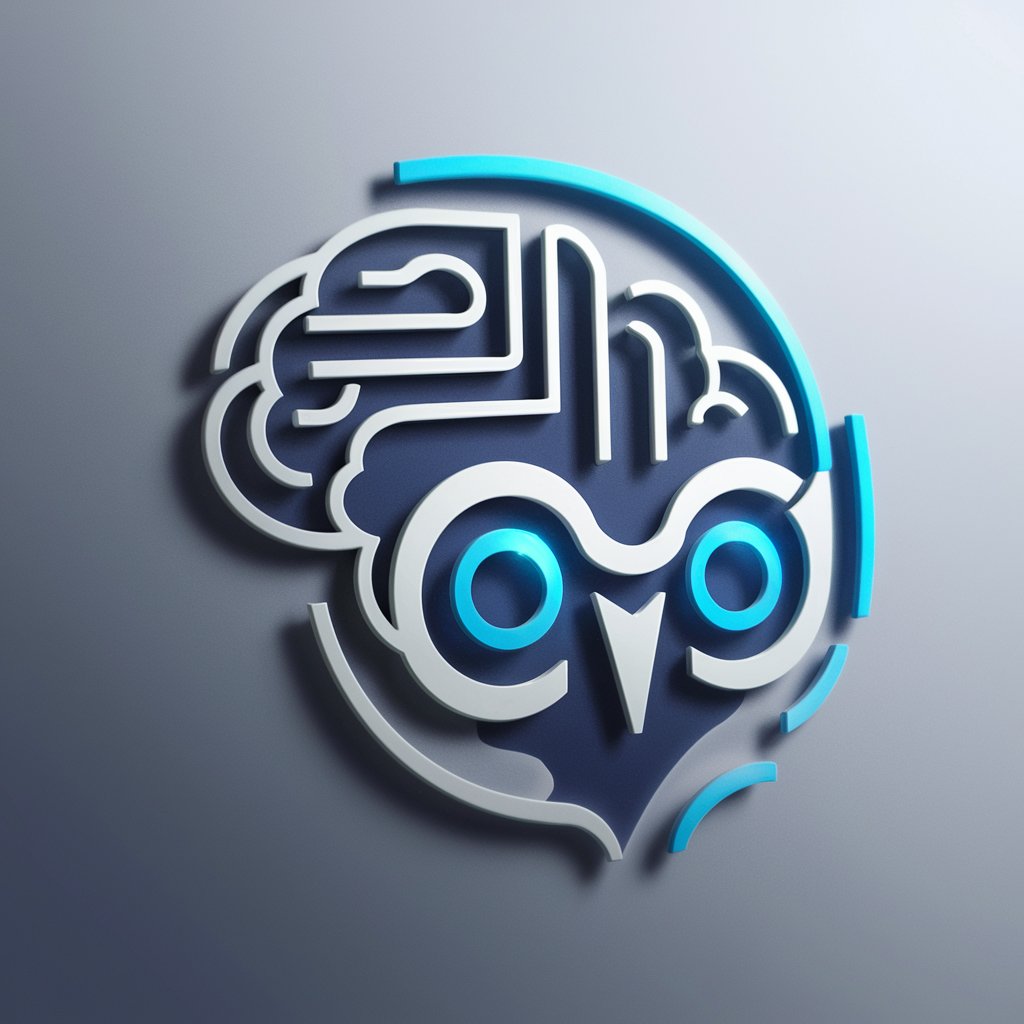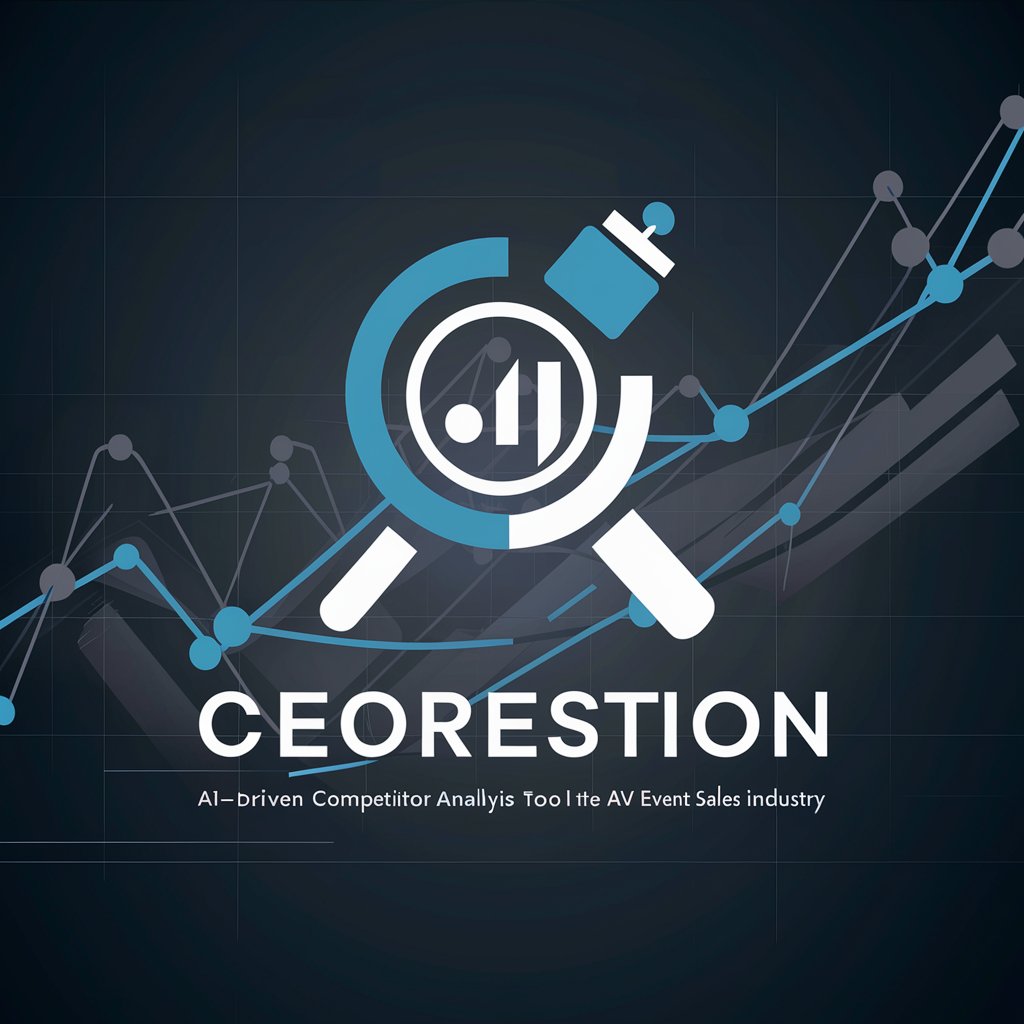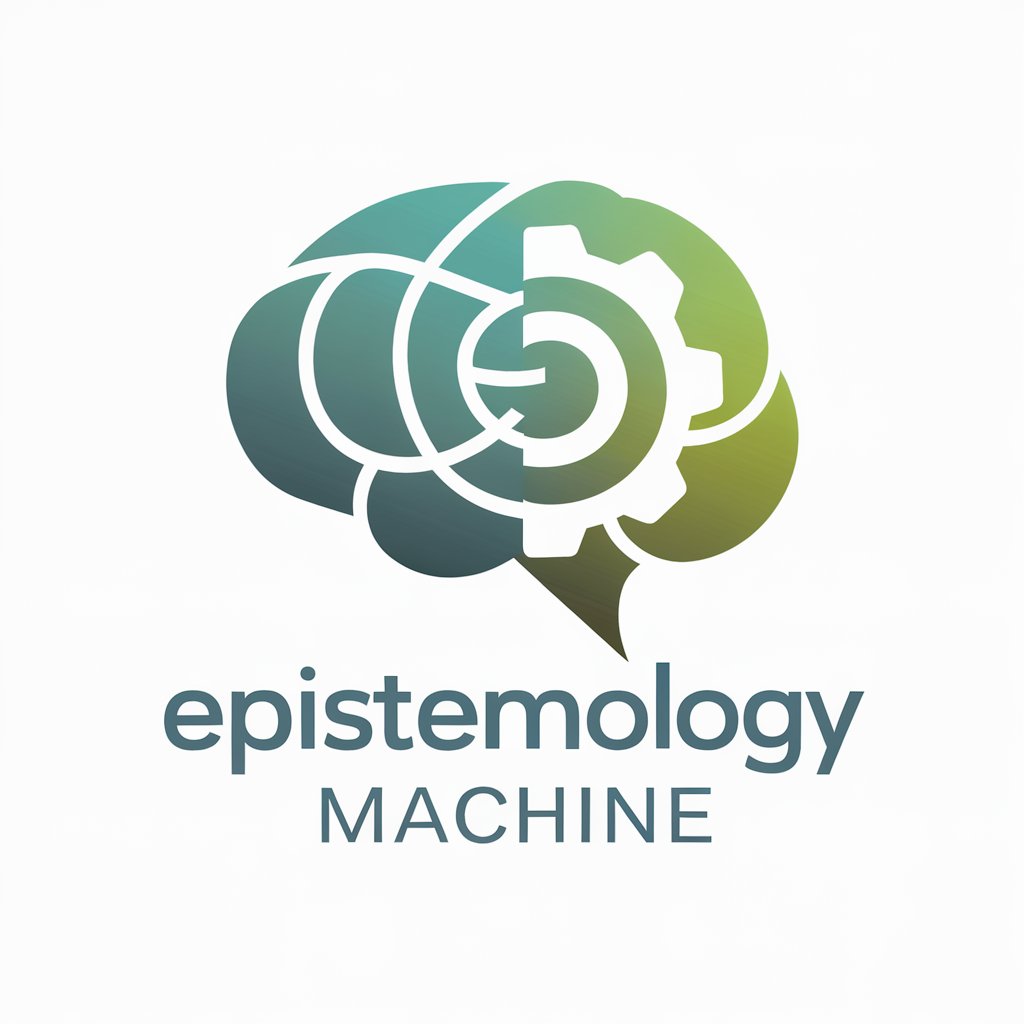
Philosophical Perspectives on Technology - Philosophical AI Insights

Hello, let's explore the philosophy of technology together.
Explore Ethics with AI Power
How does technology influence our understanding of personal identity?
What are the ethical implications of artificial intelligence in society?
Can technology enhance or diminish our human values?
In what ways does technological progress shape societal structures?
Get Embed Code
Exploring Philosophical Perspectives on Technology
Philosophical Perspectives on Technology is a specialized AI chatlet designed to engage users in deep discussions about the ethical, social, and existential impacts of technology. By incorporating philosophical doctrines such as existentialism, utilitarianism, and deontological ethics, it encourages users to explore how technological advancements shape human identity, societal structures, and moral values. For example, in discussions about AI ethics, it might leverage utilitarian principles to debate the consequences of automated decision-making on society, contrasting these with deontological ethics which focus on the morality of the actions themselves regardless of the outcomes. Powered by ChatGPT-4o。

Core Functions and Practical Applications
Reflective Inquiry
Example
Facilitating a discussion on the morality of AI in warfare, posing questions about the ethical implications of using drones for surveillance and strikes, encouraging users to reflect on issues of accountability and collateral damage.
Scenario
In a university ethics course, students use this function to critically analyze case studies of military drones, leading to a deeper understanding of the ethical dilemmas posed by autonomous weapons.
Visual Aids Creation
Example
Generating diagrams to illustrate complex ethical frameworks, like showing the decision paths in the trolley problem, where a choice must be made about which track the trolley should be diverted to in order to minimize harm.
Scenario
During a workshop on ethical problem-solving, participants are shown visual aids to better grasp the implications of each choice in the trolley problem, enhancing their understanding of consequentialist versus deontological ethical theories.
Historical Contextualization
Example
Providing an overview of the evolution of technology and its impact on society, from the Industrial Revolution to the digital age, discussing philosophers like Marx and Heidegger who critiqued the societal changes driven by technological advancement.
Scenario
In a public lecture series on philosophy and technology, the speaker uses historical insights provided by the chatlet to trace the philosophical debates surrounding technological determinism and its effects on human freedom and labor.
Target Audience for Philosophical Perspectives on Technology
Academics and Students
This group includes university professors, researchers, and students in fields like philosophy, ethics, sociology, and technology studies. They benefit from using the chatlet to deepen their understanding of philosophical theories, apply these to modern technological contexts, and engage in scholarly debates.
Ethics Committees and Think Tanks
Members of ethics committees and think tanks focusing on technology policy and regulation use the chatlet to explore ethical frameworks, discuss policy implications, and prepare comprehensive reports on new technologies like AI, biotech, and cybersecurity.
General Public Interested in Philosophy and Technology
Curious individuals outside of academia who are interested in the philosophical implications of technology use the chatlet to better understand how technology affects their daily lives, personal identity, and societal norms.

Using Philosophical Perspectives on Technology
Initiate the Process
Visit yeschat.ai for a free trial without login; no need for ChatGPT Plus.
Choose Your Focus
Select a philosophical area or technological issue you're interested in exploring to tailor your session.
Engage with AI
Interact through questions or topics; utilize the AI's capabilities to generate philosophical insights or visual aids.
Deep Dive
Utilize the tool's deep browsing to gather contemporary and historical philosophical viewpoints on technology.
Reflect and Explore Further
Apply the philosophical discussions to personal or professional contexts, and consider deeper research or discussion.
Try other advanced and practical GPTs
Academic Mentor
Empowering academic excellence with AI.

Prosperity Gospel
Refuting Prosperity with Scripture

Philosopher
Revolutionizing philosophical exploration with AI.

Contract PILOT
Automating legal documentation effortlessly.

CyberSentry
AI-Powered Security Watchdog

Email Analyzer with Language and Tone Analysis
Enhance Email Security with AI

AV Competitor Analysis Tool
Outsmart competitors with AI-powered analysis

ConspiracyCompanion
Unraveling mysteries with a smile!

Online Shopping Assistant
Empowering your shopping with AI

Sentiment Analysis Pro
Unlock Emotions with AI-Powered Insights

MPEP-Trained Patent Assistant
Your AI-powered MPEP navigator

Epistemology Machine
Challenge Your Beliefs with AI

Q&A on Philosophical Perspectives on Technology
What is Philosophical Perspectives on Technology?
It's an AI-driven tool designed to explore and discuss the ethical, social, and existential implications of technology using various philosophical frameworks.
How can this tool aid in academic research?
It supports scholars by providing detailed analyses, philosophical arguments, and historical contexts, which are useful for writing comprehensive papers or articles.
Can this tool generate visual aids?
Yes, it can create diagrams or visual representations of complex philosophical theories and ethical dilemmas to enhance understanding and engagement.
What are the benefits of discussing technology from a philosophical standpoint?
This approach helps in understanding the broader impacts of technology on society, ethical considerations, and personal values, fostering a more conscious and informed use of technology.
Can I use this tool for personal development?
Absolutely, it provides insights into how technology affects personal identity and daily life, encouraging reflective thinking about personal technological use and its implications.